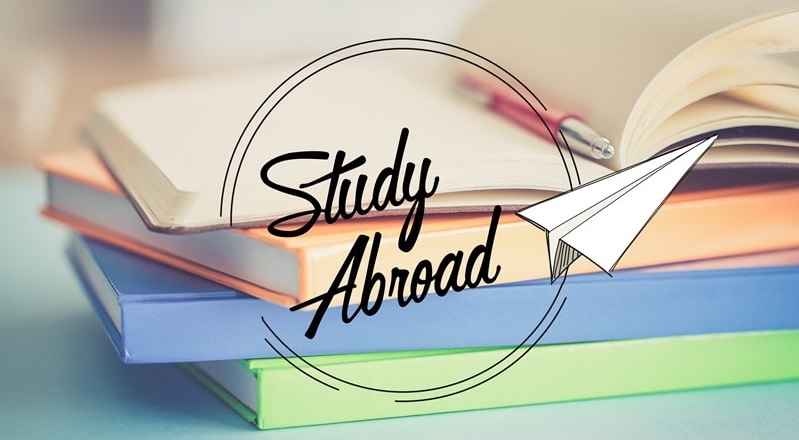How to Deal With Language Barriers While Studying Abroad
Thankfully, these days it’s easy to find help learning English when you come to the U.S.
Don’t let language barriers prevent you from enjoying your study abroad experience to the fullest.
Here are some tips to help get you started:
Contents [Hide]
Use Simple Language And Don’t Be Afraid To Repeat Yourself
Often when non-native speakers come to a new country they are too shy to speak the language, even if they’ve practiced for years in their home country and feel confident in their abilities.
International students in the U.S often find themselves in this predicament because English is an especially challenging language. We frequently utilize colloquialisms and expressions which can be difficult for non-native speakers to pick up on.
Personally, when traveling abroad, I have found it difficult to begin conversations even in a language that I do speak, for fear of mispronouncing something or having to repeat myself. If there is one tip—above all others—that I hope you can take away from this piece it is the value of making the attempt.
If you just make the attempt to speak the native language of the land, not only will you get more respect from the native speaker, you will also slowly feel more and more confident, until your full English capabilities can really flourish and be utilized.
It’s ok to feel shy, everyone does. Also, it’s ok to use simple language, no one is expecting you to sound like Shakespeare on the street corner. And don’t be afraid to repeat yourself, no one will judge you for it. Speaking a new language is hard, Americans understand that too.
Take ESL Classes
Taking English As A Second Language(ESL) classes is one of the best ways to overcome language barriers in the U.S. There are a number of free and paid options, both online and off, for you to choose from these days as well.
Free online options to consider:
- EDX’s Free Online Conversational English Courses
- English-Online, Free English Courses From the UK
- 1-Language.com, Free English Courses From the US
Paid online options to consider:
- Berlitz
- Cambly
- Cafe Talk
As far as in-class options, I recommend talking with your student advisor so they can connect you with your University’s ESL program.
Private tutoring is another option that can be especially helpful if you are close to mastery of English and just need some help rounding out your accent and vocabulary.
The good news is, in 2018, there were 1,094,792 international students studying in the U.S, according to the 2018 Open Doors Report on International Educational Exchange. That means, no matter where you are living, there is a group of like-minded individuals who are also struggling with language barriers.
If you don’t want to take a formal ESL class, don’t be afraid to start a group to practice your English with friends you meet at your University or during hobbies. Having a space where you can feel comfortable making mistakes in your new language is endlessly valuable.
Find Hobbies In Your New Country
Language barriers can be difficult to overcome, but having the underlying language of a hobby to help you connect with new people even without language can help make the transition easier.
Hobbies are a great way to naturally learn a new language as well. It doesn’t matter if you love to climb, lift weights, play music, or run, you will find a group of people who share your passion in the U.S.
It’s Not Just Language, It’s Culture
Finally, it’s important to remember that language barrier are just the beginning. When you come to the U.S there will be a number of cultural barriers as well. Knowing the cultural norms ahead of time can be very helpful.
Thankfully, U.S culture is known worldwide because of TV and movies. You may laugh at this, but it can pay to watch current American TV, with subtitles in your language, to improve your English skills and brush up on cultural faux-pas.
As an example, shaking hands is considered a simple, formal greeting in the U.S. In Thailand on the other hand, shaking hands isn’t really done at all, they prefer to use a ‘wai’ where they put their palms together and bow. And in other countries, like Japan, there are very specific rules on whose hand to shake and how.
Knowing these cultural differences can help ease the transition into your study abroad experience.
Overall, language barriers can be a frustrating experience. Thankfully, there are a lot of tools and services to help you overcome these barriers and revel in your new experiences studying abroad.
When preparing to study abroad there is a lot to worry about, from international student loans and scholarships to food and housing. On top of all, that international students face language barriers which can make doing the most ordinary of tasks a challenge.











Leave a Reply